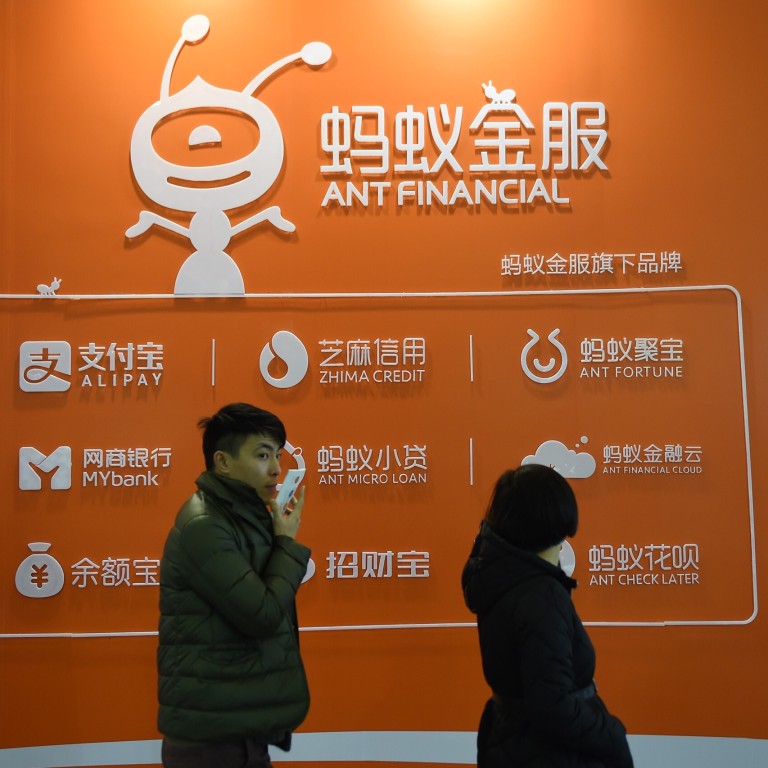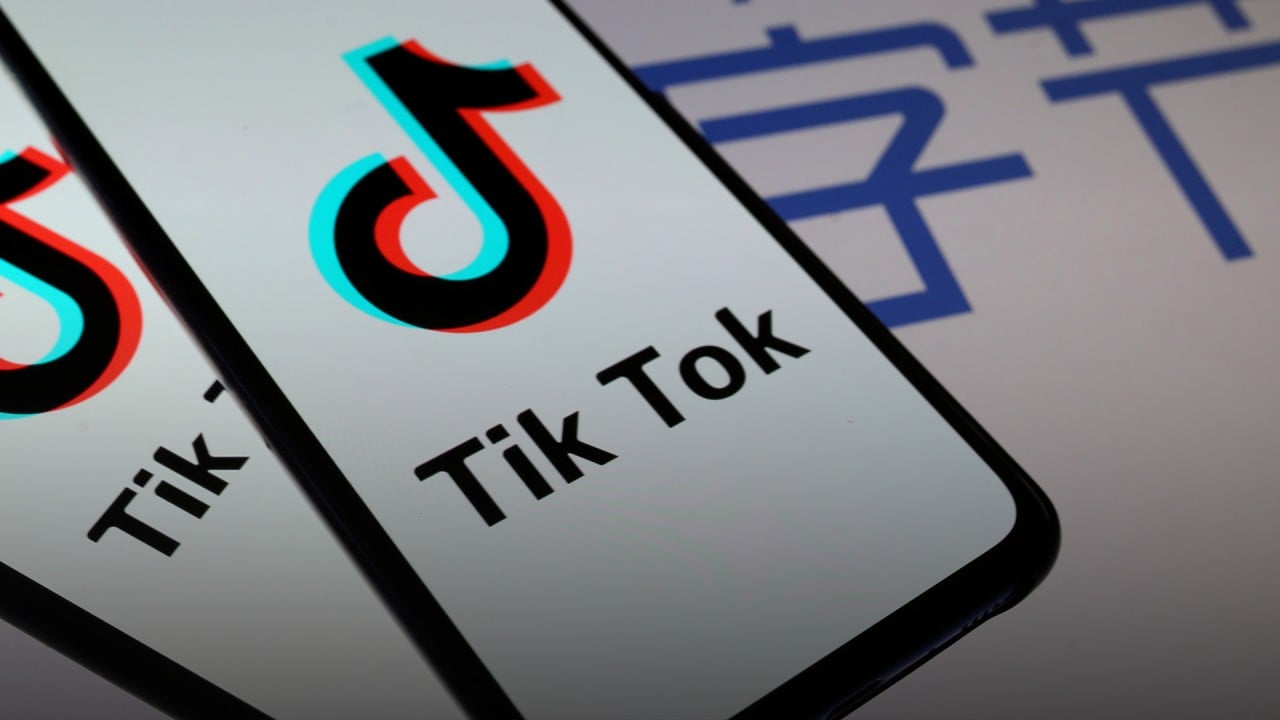
China is home to four of the world’s five largest unicorns, led by Alibaba’s Ant Group
- Ant Group, the digital financial services arm of Alibaba, had a US$150 billion valuation to top the rankings of this year’s Hurun Global Unicorn Index
- The total value of all known unicorns in the world is US$1.9 trillion, equivalent to the GDP of Italy
China is home to four of the world’s five largest unicorns – start-ups valued at more than US$1 billion – as the country recorded 227 such companies at the end of March, despite its protracted tech and trade war with the United States.
That total was behind the US tally of 233 unicorns in the same period, according to this year’s edition of the Hurun Global Unicorn Index released by Shanghai-based Hurun Research Institute on Tuesday. It said the US and China accounted for a combined 79 per cent of the world’s 586 known unicorns, based on valuations at the end of March.
“The US and China continue to dominate … despite representing only 40 per cent of the world’s GDP and a quarter of the world’s population,” said Rupert Hoogewerf, chairman and chief researcher of privately held Hurun Report, in a statement on Tuesday. “The rest of the world needs to wake up to providing an ecosystem that allows unicorns to flourish.”
The total value of all known unicorns in the world is US$1.9 trillion, equivalent to the GDP of Italy, according to Hurun Research.
How China’s Ant Group is evolving from a payments app operator into a technology champion
“These young companies, only nine years old on average, are the world’s most exciting start-ups, leading a new generation of disruptive technology and attracting the world’s top young talent,” Hoogewerf said.
The world’s two largest economies are locked in fierce competition to drive major hi-tech sectors, including artificial intelligence (AI), autonomous driving, robotics and big data.

01:14
Trump gives Microsoft 45 days to buy TikTok from China’s Bytedance
The US and China this year added 30 and 21 new unicorns, respectively, according to Hurun Research. It said the world’s unicorns are based in only 29 countries around the world, spread across 145 cities.
Beijing, with 93 unicorns, led the world’s top five cities in which billion-dollar start-ups have flourished. It was followed by San Francisco, with 68 unicorns; Shanghai, with 47; New York, with 33; and Shenzhen, with 20. As a region, Silicon Valley leads the world with 122 or 21 per cent of the world’s unicorns, according to Hurun Research.
With new export controls, US takes another step to clamp down on China
The Trump administration, however, has ratcheted up its tech and trade dispute against China, and has tightened US export policy extensively. In recent years, the Commerce, Defence and State departments have instituted a slew of regulations to rein in technology transfers to China.
“This is a very difficult time for Chinese start-ups hoping to achieve the success enjoyed by some of their predecessors,” said Paul Haswell, a partner who advises technology companies at international law firm Pinsent Masons. “Investment is likely to be limited within China, given the current global political situation. Therefore, it’s more likely we’ll see the acquisition of unicorns by big tech, rather than actual investments until things start to settle down.”
The interest of China’s major technology companies is likely to be determined by where the country’s unicorns are active. There are 39 Chinese unicorns engaged in e-commerce, the top sector where these firms are involved, according to Hurun Research. There are 21 in AI, 18 in financial technology, 16 in logistics and 16 in health tech.
“There is always a market for innovation,” Pinsent Masons’ Haswell said. “An agile start-up will be more adaptable than many existing entities.”
Additional reporting by Bien Perez

